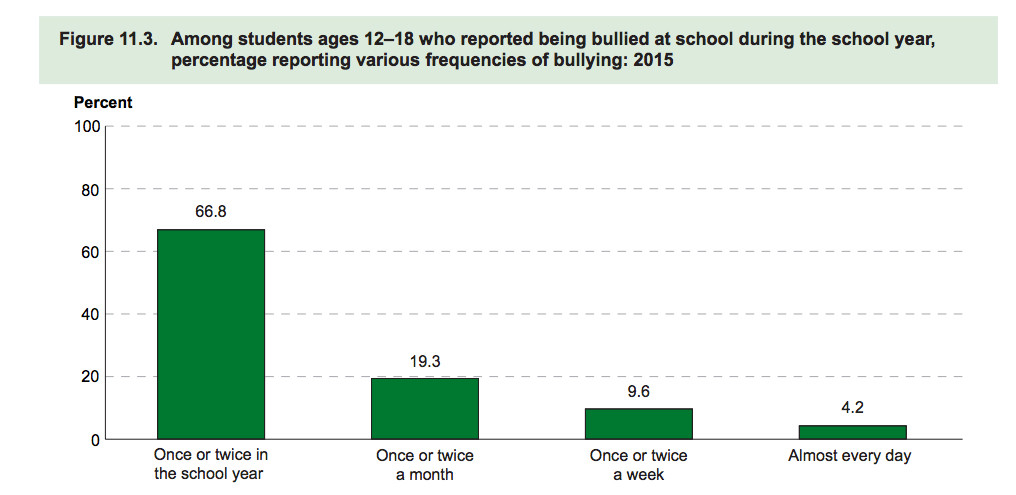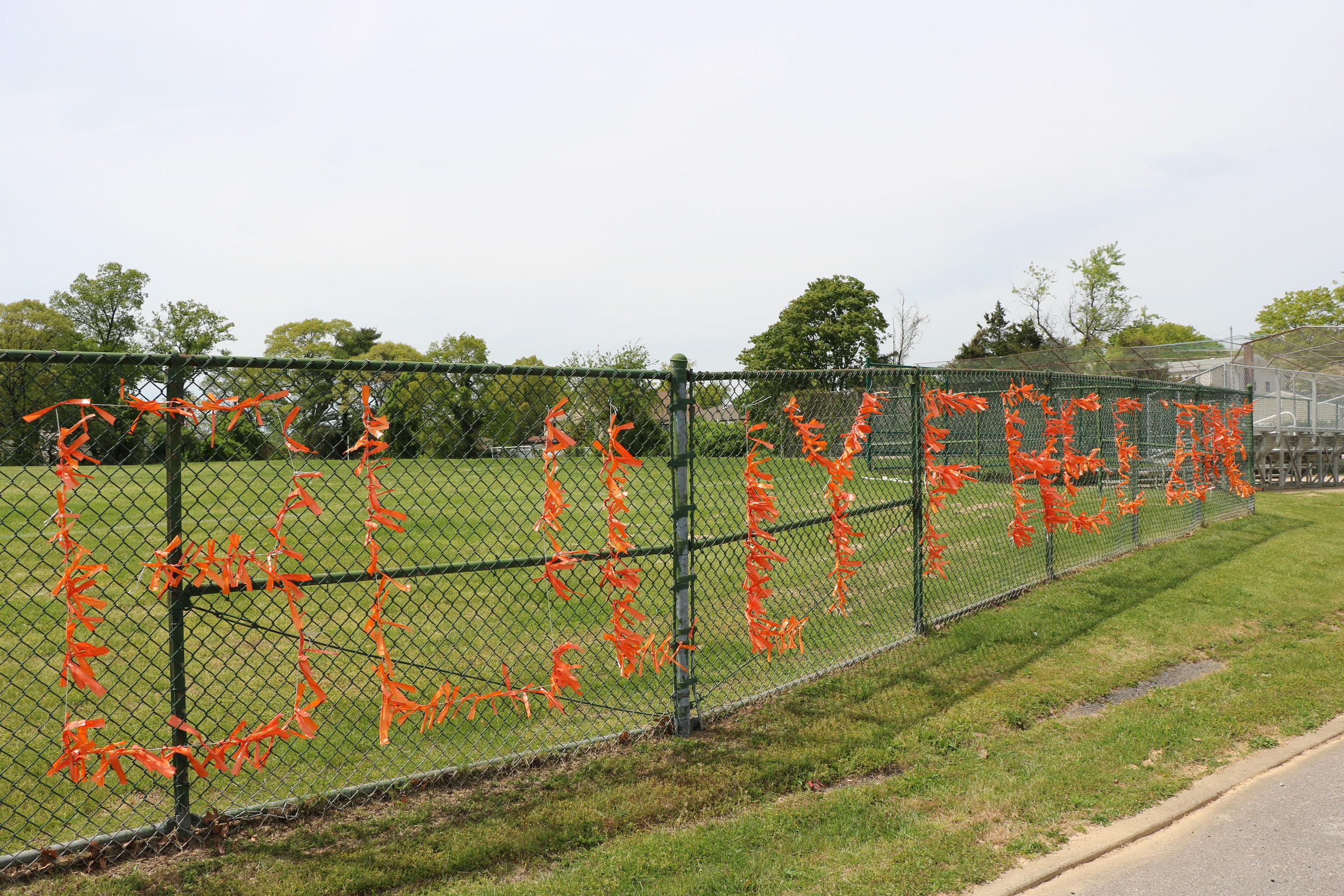Sunday, May 19, 2024
 60.0°,
Mostly Cloudy
60.0°,
Mostly Cloudy
Bullying hits home for two W.H. families
Recent study reports one in five teens are bullied
Kristina Ripo and John Ruggiero are two frustrated and angry parents. Their daughter, a West Hempstead Middle School eighth-grader, has been bullied repeatedly by a classmate, they say.
Their daughter is not alone. According to a recent report by the National Center for Education Statistics, 20 percent of students ages 12 to 18 across the country are subjected to physical and verbal abuse in school. And about a third of them are attacked at least once a month.
“It started when the girl punched my daughter in the face in Hall’s Pond Park in February,” Ripo said. A series of incidents in school, spurred by a rumor about her daughter and the classmate’s boyfriend, followed. Earlier this month, the bully grabbed Ripo’s daughter by the neck in a classroom, pushed her head down and shoved her into the hallway, Ripo alleges.
There is nothing to suggest that bullying is any more of a problem at West Hempstead Middle School than at any other school on Long Island. Ripo was willing, however, to come forward and speak with the Herald to shed light on a serious issue. Bullying, she said she believes, can have a traumatic effect on those who have been teased, taunted, and physically attacked.
Her daughter’s grades, she said, “have dropped tremendously since this started,” Ripo said. “She comes home, she goes right into bed. She wakes up for dinner and then goes right back to bed. She doesn’t want to go to school.” Ripo said she wishes school official would do more to stop the bullying.
West Hempstead Superintendent Patricia Sullivan-Kriss would not address Ripo’s allegations specifically, citing student privacy statutes, but she said that all allegations of bullying are taken seriously and addressed. “The district’s highest priority is the safety and well-being of all of our students,” she said. “The district adheres to the Dignity for All Students Act, which sets forth detailed guidelines for reporting, investigating and remedying K through 12 allegations of harassment, hazing and bullying.”
All New York state schools are responsible for collecting and reporting data about incidents of discrimination and harassment under DASA, which took effect in 2012.
By many accounts, West Hempstead is a model district when it comes to eradicating bullying. The district has received Anti-Defamation League’s “No Place for Hate” designation several times, indicating that it has completed ADL-approved student activities and projects to combat bullying and encourage unity and acceptance.
There are other reports of bullying in addition to Ripo’s account, however. Kenichi Mitchell said that her seventh-grade daughter was targeted by the same girl who allegedly attacked Ripo’s daughter. “This bully took my daughter’s hand and made her hit her own face with it,” Mitchell said, adding that her daughter was caught unaware during the incident. ‘Trust me, your daughter doesn’t want to tamper with this girl,’” Mitchell said she was told by school officials.
David Osher, vice president and institute fellow of the American Institutes for Research, said bullying must be addressed if it is to stop and the psychic damage that it can cause is to be minimized. “If you keep on experiencing the same thing and you don’t do something about it,” he said, “it becomes more harmful, because either you adjust to it, and that’s probably not good, or the stress you are feeling … keeps on happening and tends to deepen. That toxic stress can have an effect on your mental and physical health.”
Some people are more resilient to the effects of bullying than others. They often have support systems — teachers, parents, mentors and their social circles. Providing support is, however, different than stopping bullying.
“The two most important things to address are to prevent people from bullying and to protect people who are in bullying situations,” Osher said.
Dr. Laura Martocci, author of “My Bullied Past: Why Does It Still Hurt?” said that many bullying victims feel a deep sense of shame and are often shunned by their peers. “We don’t know what to do with shame — and we’ve all dealt with it,” Martocci said. “Rejection is like a loss of a bond. I compare it to divorce. All your friends are there supporting you, but when you’re rejected, the onus is on you. You are now dealing with insecurity — am I good enough?”
The situation has Ripo frustrated. “This is supposed to be the fun time. They’re getting ready for [the eighth-grade] prom,” she said. “Now she doesn’t even want to go to the prom.”
HELP SUPPORT LOCAL JOURNALISM
The worldwide pandemic has threatened many of the businesses you rely on every day, but don’t let it take away your source for local news. Now more than ever, we need your help to ensure nothing but the best in hyperlocal community journalism comes straight to you. Consider supporting the Herald with a small donation. It can be a one-time, or a monthly contribution, to help ensure we’re here through this crisis. To donate or for more information, click here.
Sponsored content
Other items that may interest you











